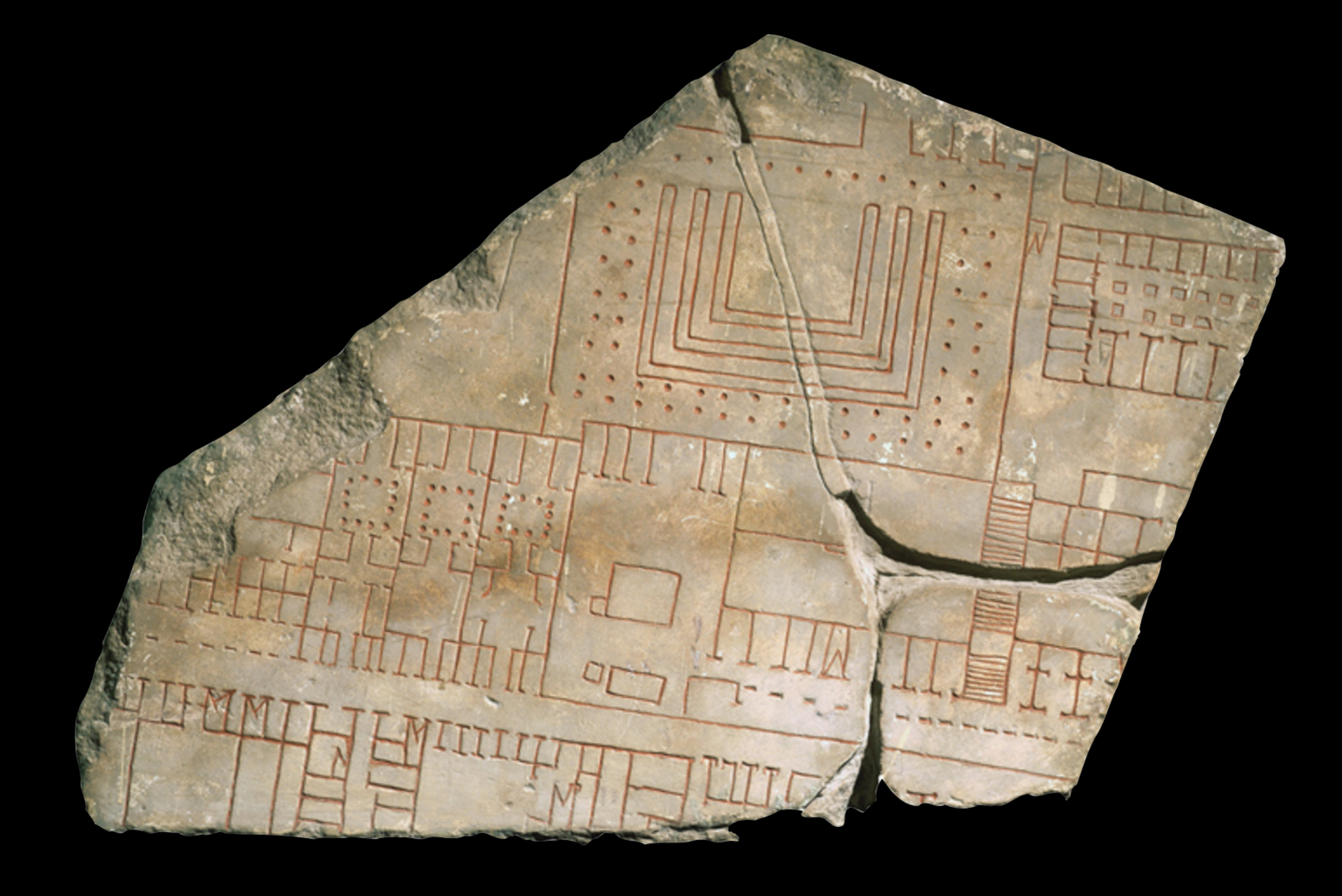
CFP, CML Conference. Scale(s) of Literary History – Europe c. 500-1500
The central aim of this conference is to explore the spatial, temporal and archival scales which structure our literary histories of the Middle Ages.
Call for Papers. Scale(s) of Literary History – Europe c. 500-1500
The Danish Institute, Rome, 5-7 April 2022
Keynote speakers
- Niels Gaul (Byzantine Studies, Edinburgh) and Curie Virág (Chinese Philosophy and Intellectual History, Edinburgh)
- Emanuele Lugli (History of Art, Stanford)
- Marina Rustow (Near Eastern Studies, Princeton)
- David Wallace (English, Penn)
The central aim of this conference is to explore the spatial, temporal and archival scales which structure our literary histories of the Middle Ages. Spatial scales are particularly contested in the field, with the global scale explicitly challenging long established local and national scales of literary study. While the global has brought valuable methodologies and ethical commitments to the study of medieval literature, its practice risks homogenizing medieval literature and letting literature in English (or of the Latin West) stand in for and efface the rich diversity of the literary cultures of the Middle Ages. This conference aims to develop and scrutinize the European scale (including Europe within Mediterranean, Islamic, Eurasian and Afro-Eurasian scales) for the study of medieval literary cultures.
In terms of time, the field is strongly defined by the way it encompasses 1000 years from 500 to 1500. Thus its study has much to contribute to discussions of periodisation, not just in terms of established debates about the boundaries between the Middle Ages and Antiquity and Modernity, but in terms of examining how we work across macro, meso and micro scales, which are often morphologically distinct, so, for example, dynasties or literary movements.
The nature of the ‘archive’ of medieval texts must also be considered. The relative absence of substantial textual evidence compared to other periods also presents issues of scale for the study of medieval texts, and is, of course, a factor in the ambitious and challenging spatial and temporal ranges of the concept of medieval literature. What medieval “literature” encompasses, neither just the vernacular fiction and poetry of Romanticism nor the entire surviving textual archive, raises further issues of scale.
Moving from scales (Europe, Middle Ages, literature) which are essentially issues of modern epistemology, the conference will also include papers which excavate medieval definitions of scale(s), how they informed a way of looking at things and thinking about the world, and to what extent they are compatible with modern categories used in recent scholarship.
Finally, there is the question of what kind of working practices different scales require. The conference will include papers which address different ways of working collaboratively and individually to bring together micro, meso and macro scales.
The challenges of studying medieval literature present an intellectual opportunity with regard to thinking about scale. There is plenty we can learn from: the acute changes perceivable across place and time in the European literary space that make it impossible to define a single scale or a prevalent perspective; our own intellectual limits when confronted with ten centuries of multilingual literary production; or even what we have gained in the last decades thanks to collaborative projects of pan-European or broader comparative nature.
Explicitly addressing all of the above dimensions of the field as questions of scale will contribute to developing models of medieval European literature and to the writing and teaching of medieval literary history.
Format
The conference will meet over three days. Papers will last 20 minutes and be followed by 30 minutes of discussion per session. Since the substantial discussion following the papers is as important as the papers themselves, papers will not be allowed to overrun. Each session will have a respondent/moderator who will read papers in advance of the session and launch the discussion of their session through a short reflective invitation. Speakers are asked to frame their research in ways which are simultaneously sophisticated and inviting of exchange with colleagues working across the literatures of medieval Europe (including Byzantium, and Islamic Spain and Sicily) and its neighbours. We welcome proposal for individual papers and for sessions (of three papers).
If necessary, the conference format will respond to a continuing pandemic by becoming hybrid (combining online and in-person attendance) or moving fully online.
There will be a modest amount of preparatory theoretical reading in advance of the conference.
Venue
The conference will take place in the Danish Institute in Rome, located in the Villa Borghese Park and housed since 1967 in a unique building designed by the Danish architect Kay Fisker.
Cost
There will be no charge to attend the conference. There will be a charge to cover the cost of the conference dinner. Delegates are responsible for covering the cost of their travel and accommodation. A small number of bursaries will be available for PhD students and early career scholars, for further information contact Chiara D’Agostini (cdagostini@sdu.dk).
Abstracts
Please send short abstracts (250 words) and a brief CV (1/2 page) to cml@sdu.dk by 15th September 2021. Panel proposals should include overview (100 words) and abstracts and CVs (as above) for all papers.